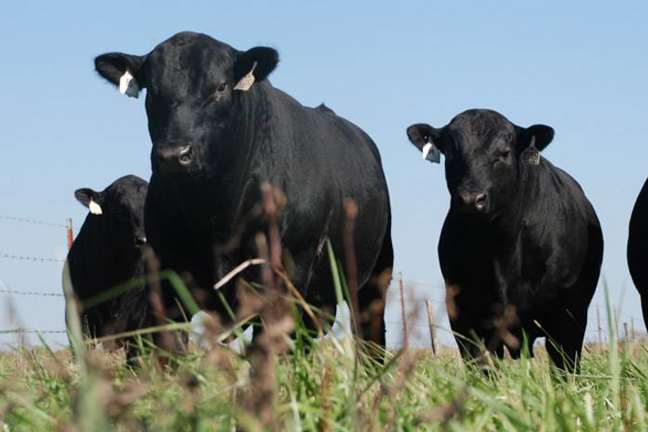
With much anticipation, Superior Livestock Auction announces the return of their internet-based fed cattle trading platform, Fed Cattle Exchange, a wholly owned subsidiary designed to assist in the marketing of fed cattle. Weekly offerings will resume Wednesday, September 14, 2016 at 10 am CST. The brief suspension of internet trading allowed program developers to work with buyers and sellers ensuring the most effective and dependable format of market trading available.
The goal of the Fed Cattle Exchange is to provide the industry with more transactions to consider when determining the average cash price of market-ready fed cattle. By increasing transparency in the cash cattle market the industry hopes to reduce volatility in futures contracts. After holding live internet offerings in May and June, the brief suspension was an effort to get industry feedback and further develop the online platform.
The need for assistance in fed cattle price discovery is very evident. Competitive bidding is the most effective means of determining market value and more open negotiated trading of fed cattle is beneficial to the entire beef industry; Fed Cattle Exchange brings both of these components to the marketplace.
Click here to see more...